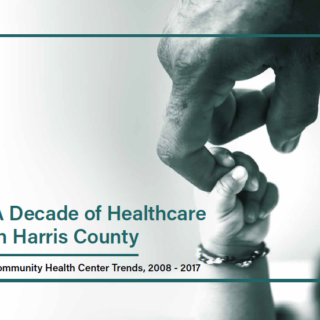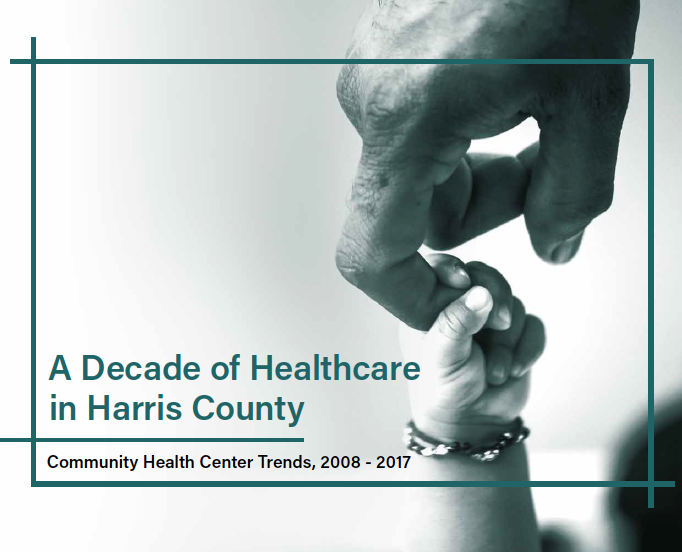Researchers found that the number of community clinics serving Harris County has more than doubled since 2008, from 35 to 88. Community clinics currently operating in Harris County include Harris Health clinics, Federally Qualified Health Centers (FQHCs) and nonprofit clinics. Those safety-net clinics served more than 580,000 patients in 2017 and researchers estimate that patient visits at these safety-net clinics are up more than 300 percent since 2008.
“Ten years ago, low-income and uninsured people in Harris County had a much tougher time finding an affordable place to get primary care,” said Jessica Pugil, founder of the evaluation firm Working Partner and co-author of the report. “Since then, investments in primary care have increased access, improved quality, and built a stronger network of care across Houston and Harris County
Despite the increased number of clinics and patients, the report found that getting patient referrals for specialty care like cardiology, gastroenterology and optometry/ophthalmology remains the biggest gap in services for the safety-net clinics. In fact, researchers said that access to specialty care has been a serious concern for more than a decade.
“Every clinic surveyed named specialty care access as one of its greatest needs,” Pugil said. “Something has to change. It’s critically necessary for clinics and specialty-care providers to collaborate in some way so they can design a better model to help patients.”
The report found that along with serving more patients, a growing number of clinics are beginning to address the non-medical, root causes of poor health in their communities that take place beyond the exam room. Clinics are tackling issues like access to healthy food, safe opportunities for exercise, and improved housing conditions as “upstream” ways to improve overall community health.
“Attention on improving health, not just healthcare, is potentially the most promising development toward improving the health of Harris County residents,” Pugil said.
Other findings from the report:
- 62% of patients at the safety-net clinics were uninsured
- Clinics said the most common patient concerns were hypertension, diabetes, obesity and behavioral health
- 10 zip codes showed the greatest need for more primary care providers and are primarily located in the north, northwest and southeast parts of Harris County
Five Houston-area philanthropic institutions that provide funding for health-related initiatives and projects sponsored the report: The Cullen Trust for Health Care, Episcopal Health Foundation, Houston Endowment, Rockwell Fund and The Simmons Foundation.
The report was co-authored by Pugil, Kara McArthur and Bret Sinclair with Working Partner, and Thomas Reynolds with the Institute for Health Policy at the UT School of Public Health.

